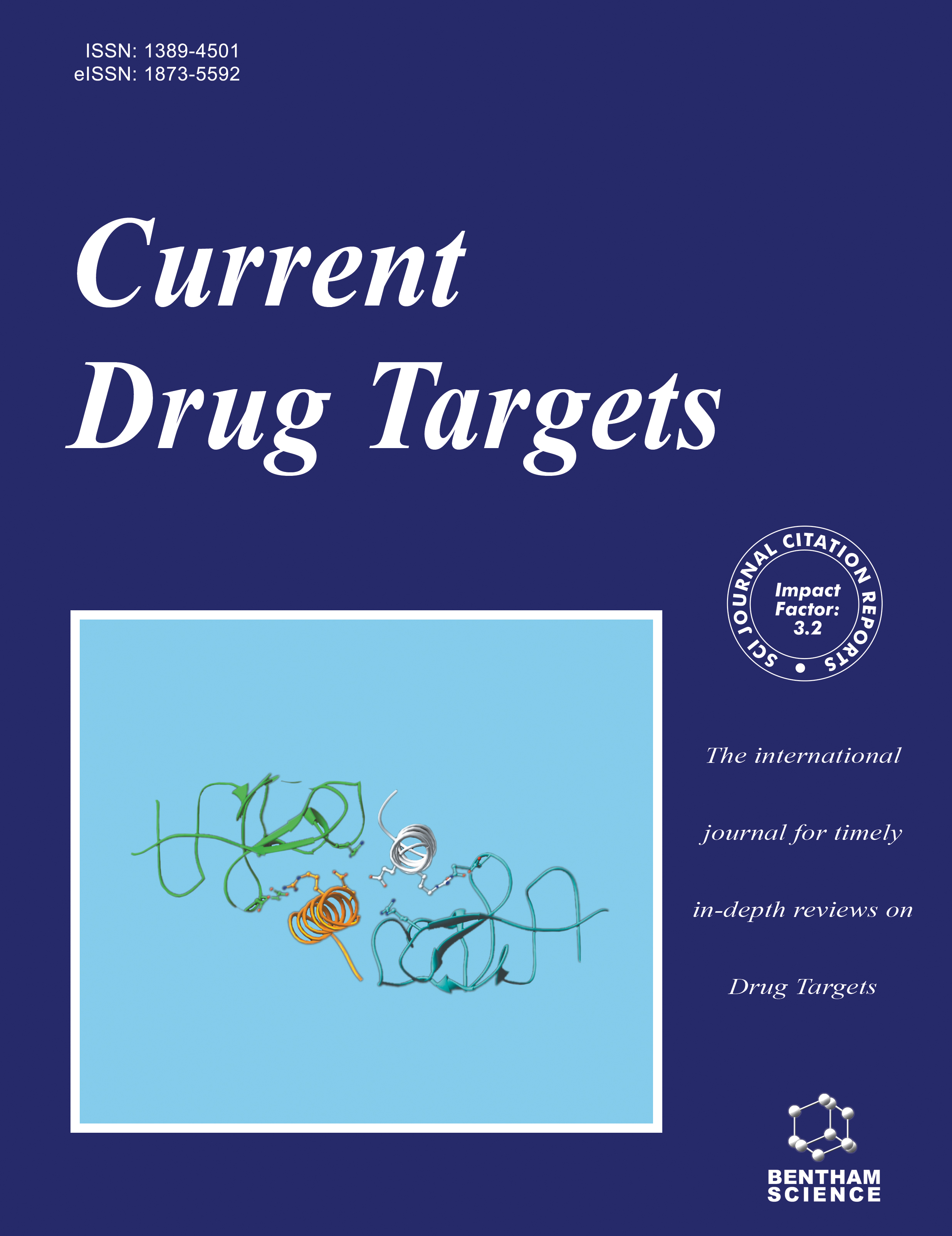
Full text loading...
The main epidemiological and clinical data on colorectal cancer, as well as the features of molecular pathology, are discussed in the literature review. Efforts are being putto identify promising targets, particularly small non-coding nucleotide sequences, which can lead to new treatments for this disease.
The discovery of significant mutations that contribute to the development of colorectal tumors is a major step in the advancement of molecular oncology, as these mutations give rise to heterogeneous tumors that differ in their origin. These mutations play a significant role in the progression of the disease and are now being targeted for treatment. The prognosis for a disease is influenced by the patient's sensitivity to antitumor therapy. However, new approaches to finding effective targets for antitumor treatments face new fundamental challenges due to clinical issues. These issues include the epigenetic regulation of markers of oncogenesis, which allows for the development of new therapeutic strategies.
RNA interference, in particular, has been linked to non-copying RNA sequences such as microRNAs. These microRNAs are associated with certain processes that can influence all aspects of oncogenesis. The diversity of microRNAs allows for a differentiated approach when treating tumors in various locations.

Article metrics loading...

Full text loading...
References


Data & Media loading...

